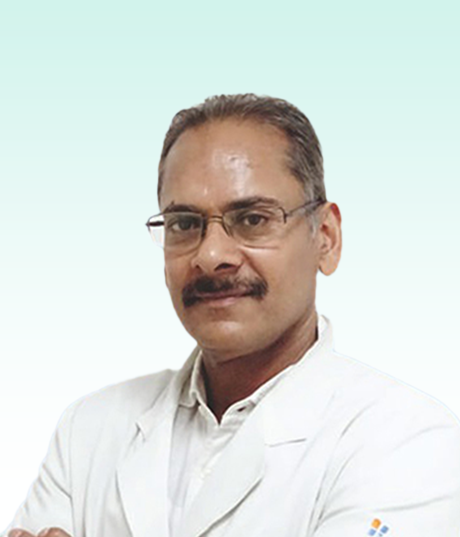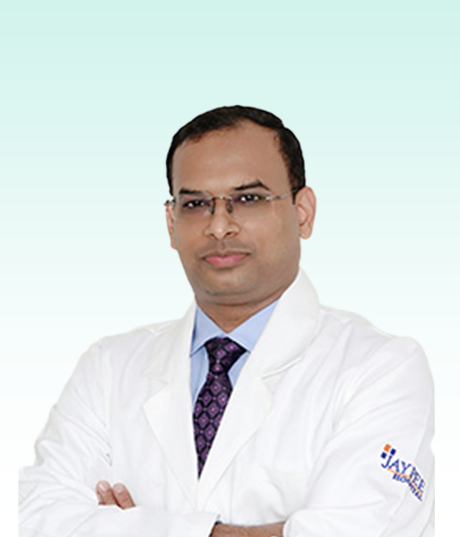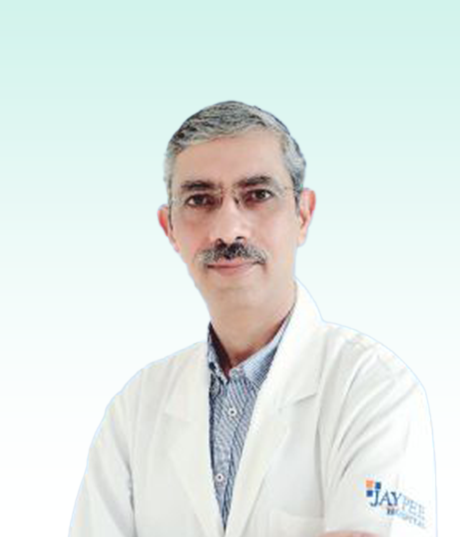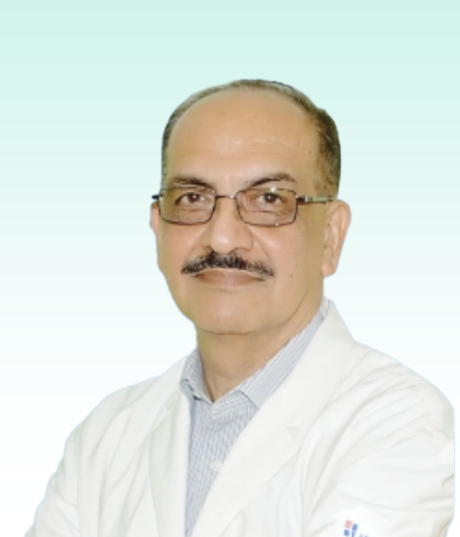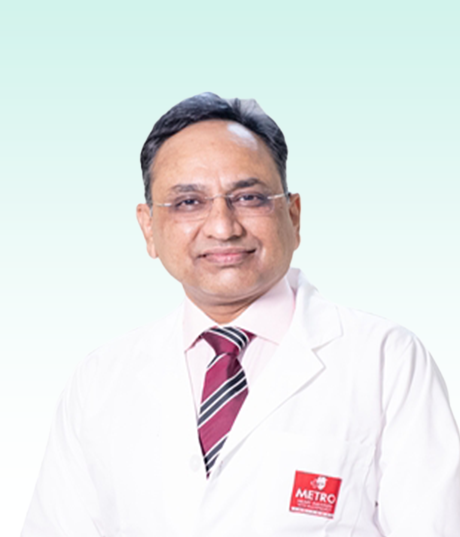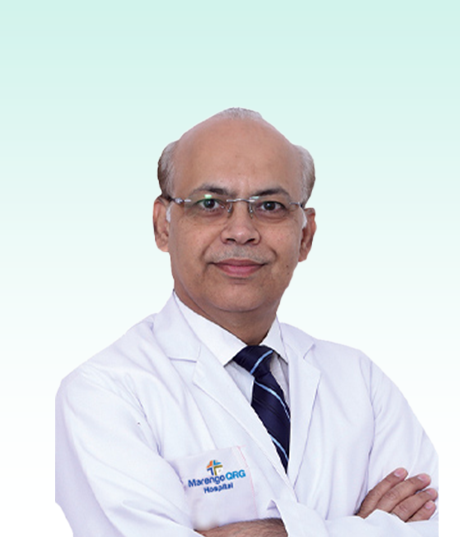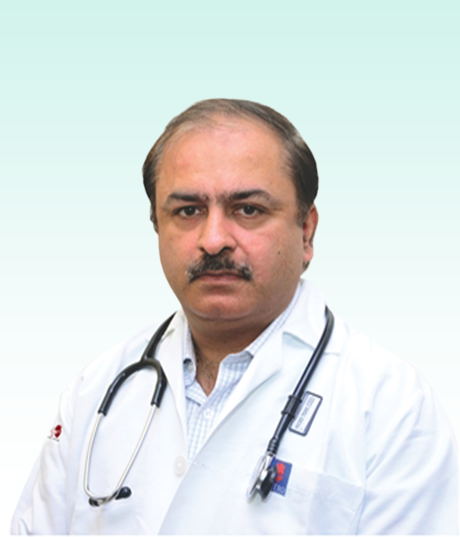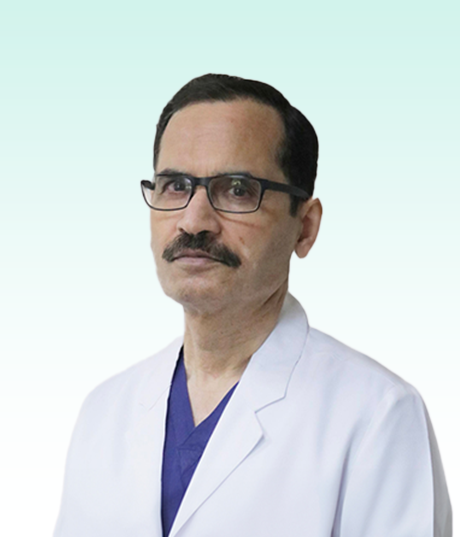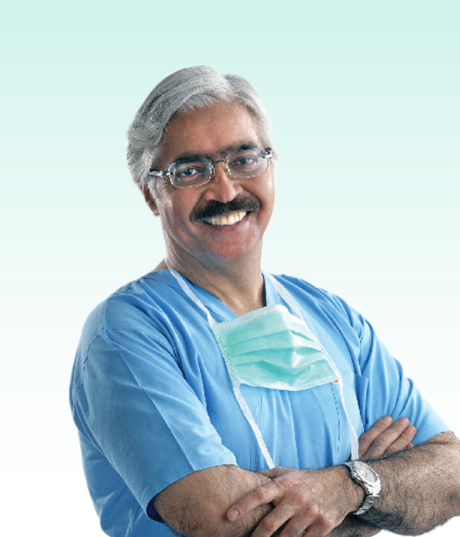Bi-Ventricular Pacemaker Implantation
Bi-ventricular pacemaker implantation is a medical procedure that helps to manage heart rhythm disorders in patients with heart failure. The procedure involves implanting a device known as a biventricular pacemaker, which helps to synchronize the heart’s pumping action and improve blood flow throughout the body. The biventricular pacemaker is also known as cardiac resynchronization therapy (CRT) and is recommended for patients with moderate to severe heart failure.
Who Needs Bi-Ventricular Pacemaker Implantation
Patients with heart failure who have a reduced ejection fraction and abnormal heart rhythm may benefit from bi-ventricular pacemaker implantation. Patients who have not responded well to medication or other therapies for heart failure may also be recommended for this procedure.
When to See a Specialist
If you are experiencing symptoms such as shortness of breath, fatigue, or difficulty breathing, you should seek medical attention. Your primary care physician may refer you to a cardiologist who can evaluate your heart function and determine if bi-ventricular pacemaker implantation is an appropriate treatment option.
Procedure
The bi-ventricular pacemaker implantation procedure involves the following steps:
- Anesthesia: The procedure is performed under local anesthesia, and patients are usually given a sedative to help them relax.
- Incision: The cardiologist will make a small incision below the collarbone and create a pocket to hold the pacemaker.
- Lead Placement: The cardiologist will then insert three leads through a vein into the heart, positioning them in the right atrium, right ventricle, and left ventricle.
- Pacemaker Placement: The pacemaker is then inserted into the pocket created in step 2 and connected to the leads.
- Testing: The cardiologist will test the pacemaker to ensure that it is functioning correctly and delivering the appropriate electrical impulses to the heart.
- Closing the Incision: Once the cardiologist is satisfied with the pacemaker’s performance, the incision is closed using stitches.
Road to Recovery
After the procedure, patients are monitored in the hospital for several hours to ensure that the pacemaker is functioning correctly. Most patients can resume normal activities within a few days of the procedure. However, patients may experience some discomfort at the implantation site for a few days.
Risk Management
Complications from bi-ventricular pacemaker implantation are rare but may include bleeding, infection, or damage to the heart. Your cardiologist will discuss the risks and benefits of the procedure with you before you undergo the surgery.
Benefits of Bi-Ventricular Pacemaker Implantation
Bi-ventricular pacemaker implantation can help to improve heart function and quality of life for patients with heart failure. The procedure can also reduce hospitalizations and the need for medication to manage heart failure symptoms.
Frequently Asked Questions
1. What is a bi-ventricular pacemaker?
A bi-ventricular pacemaker is a medical device that helps to synchronize the heart’s pumping action and improve blood flow throughout the body. It is recommended for patients with moderate to severe heart failure.
2. How long does the procedure take?
The bi-ventricular pacemaker implantation procedure usually takes around 2-3 hours.
3. Will I need to stay in the hospital after the procedure?
Most patients can go home the same day or the day after the procedure, but some patients may need to stay in the hospital for a few days.
4. Are there any restrictions on physical activity after the procedure?
Most patients can resume normal activities within a few days of the procedure, but your cardiologist will provide specific guidelines based
Treatians As The Best Choice
Treatians understand that seeking medical treatment abroad can be a daunting experience for patients and their families. That’s why the company offers end-to-end support to its clients, from the initial consultation to post-treatment care. The company provides personalized treatment plans that are tailored to meet the individual needs of each patient, and its team of dedicated professionals is always on hand to provide guidance and support throughout the entire process. Contact us at +91-7982312582, drop your email [email protected]
- Trauma & intensive care
- Aged Care
- Community Services
- Diagnosis & Investigation
- Medical & Surgical
- Mental Health
- Rehabitation
- Specialised Support Service











